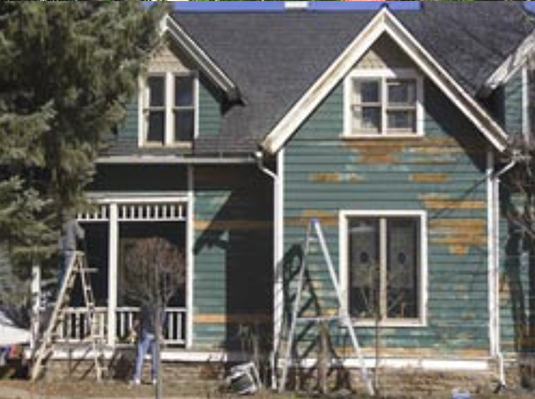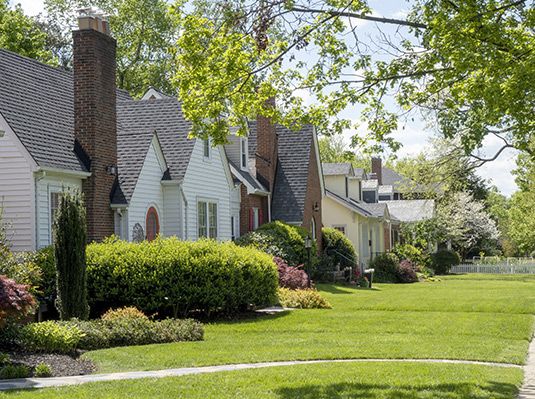
Loss of Use is coverage that comes standard on a majority of home policies, but few people actually know the ins and outs of what loss of use coverage is and when it can be utilized. This article will cover a general understanding of what loss of use coverage is as well as cover various situations that it would be used.
What is loss of use coverage?
Loss of use coverage, also referred to as additional living expense, provides money to pay for some common expenses such as the items listed below while your home is being repaired or replaced after a loss, but only if that loss is a result of something that is covered by your homeowners policy.
- The cost of housing, such as a hotel or a motel to serve as a primary residence while the home is being repaired.
- Public transportation or the additional cost of gas due to living further from work.
- Boarding a pet while your home is being repaired.
- Additional costs for food due to lost access to a home kitchen.
When can I use my loss of use coverage?
Now that we have a better understanding of what loss of use is, let’s discuss when it is appropriate to use this coverage by looking at a few different situations. You will find that while loss of use coverage is extremely versatile and can be used in many different situations, there are a handful of situations where you cannot use it. Let’s dive into a few different scenarios and see how it can be used:
Situation 1
While away from home, the Johnson’s house burns down and they are unable to live in it while it is being repaired. They must stay in a hotel for the next six months while their home is being rebuilt.
This is a situation where loss of use coverage would absolutely be used in nearly every capacity. The family would need not only money to pay for their hotel, but additionally food and gas costs as well. One thing to note is that the amount of money provided by loss of use coverage is for a year. Often times it may be easier to break down that yearly amount into a monthly dollar figure to see if you have appropriate coverage to take care of your living expenses.
Situation 2
While on vacation, the Vincent’s water heater cracks causing water to destroy their kitchen entirely. While the rest of the house is fine their kitchen will need to be completely rebuilt.
This is a great example that shows that you do not need to have a total loss in order to use your loss of use coverage. In this case, the family was unable to use their kitchen while it was being repaired so loss of use coverage would kick in and pay for their food costs since they were unable to make food for their family. Another example of this is a small fire in the house, while the house itself may be fine, a family may be displaced while smoke remediation occurs therefore loss of use coverage would come into play to pay for a hotel.
Situation 3
While at a movie, a pipe bursts in the Burrow’s guest bathroom, and the water damage caused by the damaged pipe will require that the entire guest bathroom be rebuilt. There is no doubt that this would be a devastating loss for any family to have that would most likely be covered by your home insurance if you have sudden and accidental water damage coverage, but would loss of use coverage be used here? Most likely not. The reason behind this would be there is no interruption to your standard daily living circumstances. You will still have complete use of your kitchen, bedrooms, and other bathrooms in the home. If for whatever reason the bathroom that flooded was the only bathroom in the house then we would potentially have a different issue on our hands where loss of use coverage could be used.
Is there loss of use coverage for a rental property?
There is coverage for loss of use on a landlord dwelling policy, but in many scenarios, this will be covered by loss of rent as opposed to loss of use coverage. The major difference between these two coverages is that loss of rent will cover you for the loss of rent that you would be receiving from your tenants. Just like loss of use coverage, this would be stated as a yearly amount on your policy so you will need to break it down monthly to ensure that it would appropriately cover.
Conclusion
In conclusion, a homeowner needs to have a good understanding of what loss of use coverage is. While it may not be the most commonly used coverage on a home policy, it can be life-changing when you need it. The purpose of insurance is to keep you in the same financial spot that you were in before the loss, and this cannot happen if you do not have a way to pay for extra expenses associated with living somewhere other than your home. Take the time to ensure that your loss of use coverage would appropriately cover your family’s living expenses that way you do not find yourself between a rock and a hard place in the event of a severe claim.
The contents of this article are for informational purposes only. You should not act or refrain from acting based on this information without first consulting a Goosehead licensed agent at [email protected]. We disclaim all liability for actions taken or not taken by you based on the contents of this article which is provided "as is." Goosehead makes no representation that this content is error-free.


